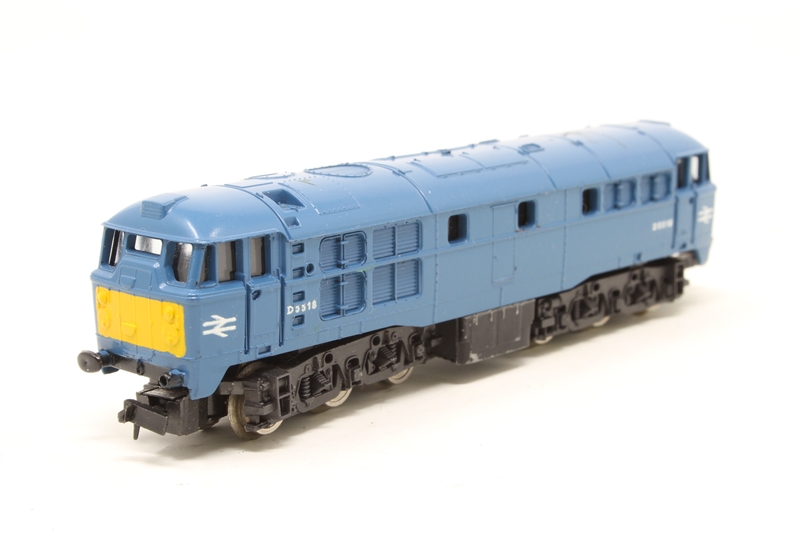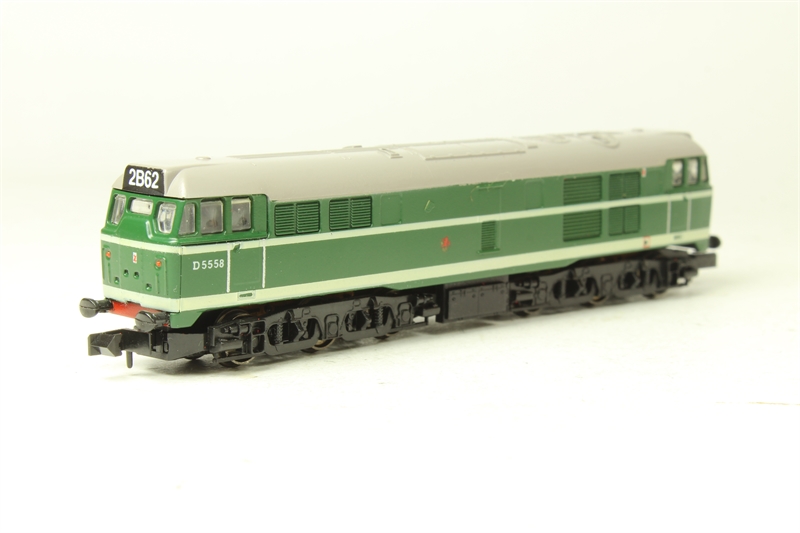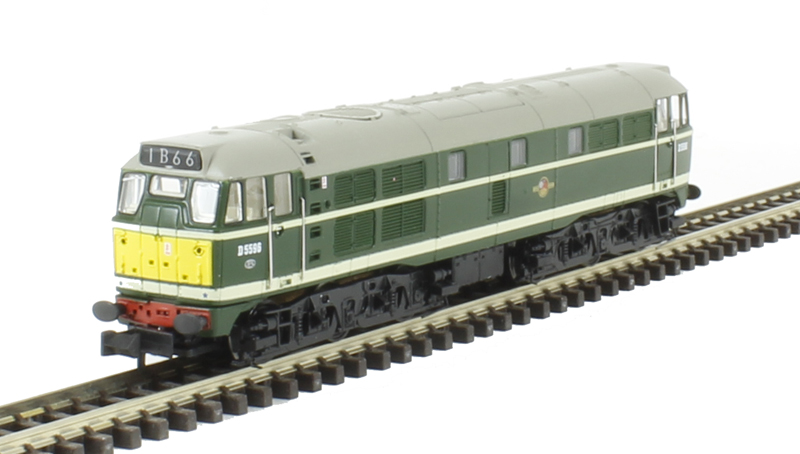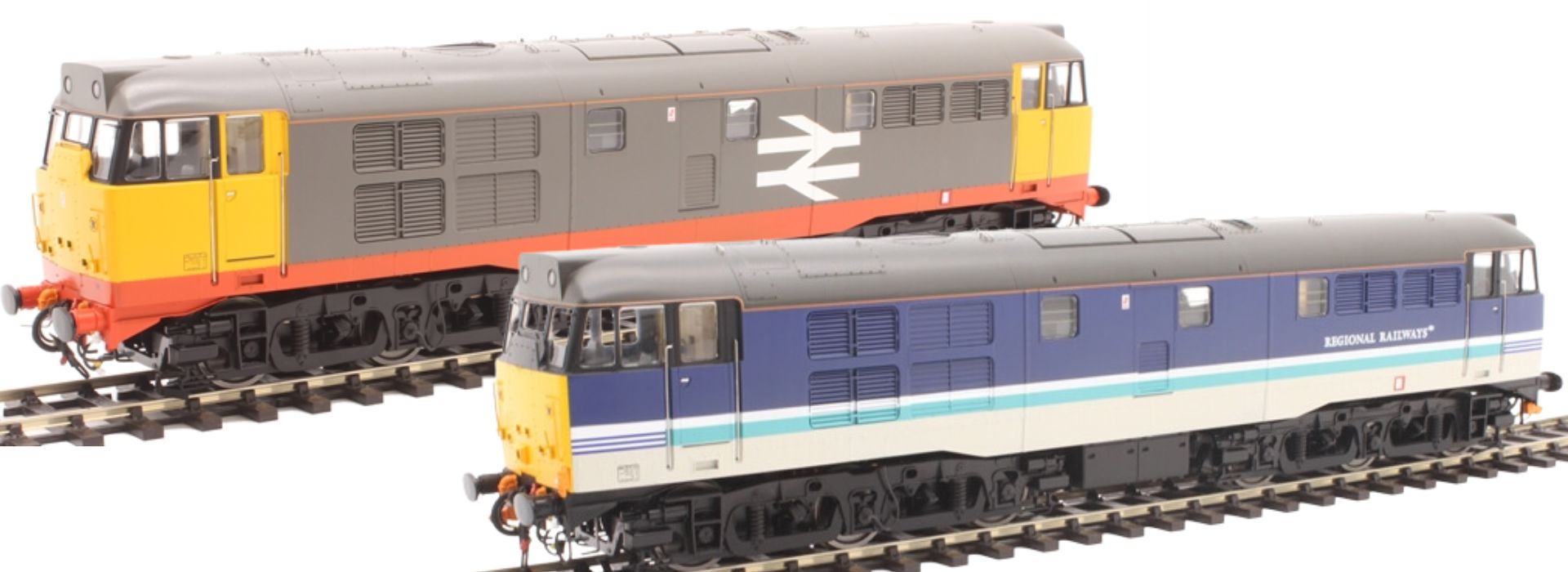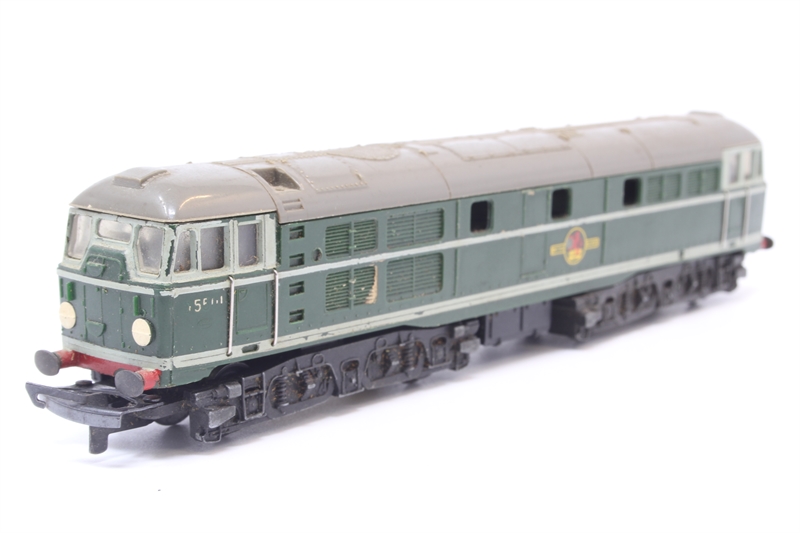Class 31 Profile and Models
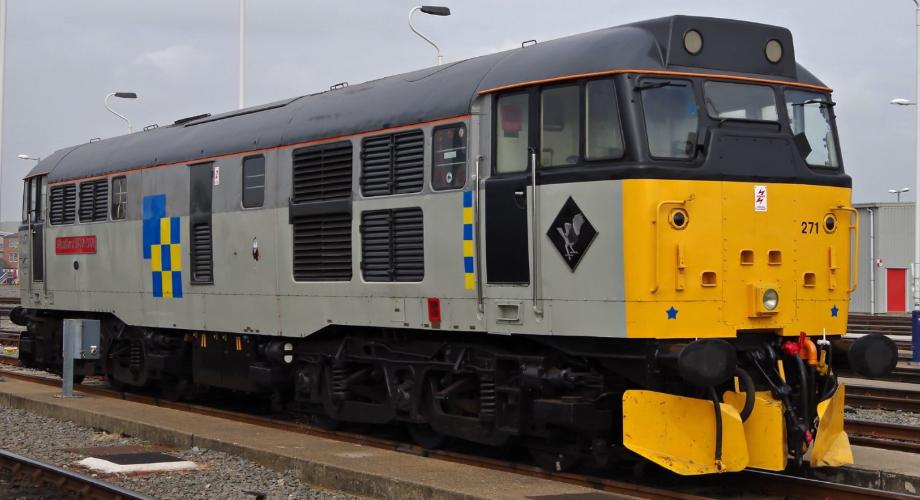
31271 at Derby Etches Park Depot in September 2014. ©Clagmaster
|
The British Rail Class 31 (aka Brush Type 2) locomotives were produced following the launch of the Class 20 and were one of the pilot scheme designs by British Railways which were intended to replace steam locomotives. Originally destined for the Eastern region, the class became known for working on both the Western and London Midland regions too, working even further afield later in life. Throughout their life, the class saw several modifications and five different subclasses existed. The class held a long and varied lifespan, working a variety of local and express passenger sevices, freight and engineers trains - with some locomotives working on the mainline as late as 2017. |
|
|
Type of Locomotive |
Diesel-Electric |
|
Builder |
Brush Traction |
|
Build Dates |
1957 to 1962 |
|
Total Built |
263 |
|
Tractive Effort |
35,900 lbf |
|
Power Output |
1,250 to 1,365 bhp (Mirlees Engines) 1,470 bhp (English Electric Engines) |
|
Top Speed |
80mph (D5500 to D5534) 90mph (Remainder of class) |
|
Wheel Configuration |
A1A-A1A |
|
Operated By |
British Rail EWS Fragonset Railways FM Rail Mainline Rail Nemesis Rail Network Rail |
|
Main Duties |
Mixed Traffic |
|
In Service Until |
2017 |
|
Surviving Examples |
26 |
Models Produced
DCC compatible but no socket. Pancake motor
Liveries Produced
Products awaiting categorisation
| Scale | Brand | Image | Construction Type | DCC Capability | Product Code | Product Title | Livery |
|---|---|---|---|---|---|---|---|
| N Gauge | CJM |
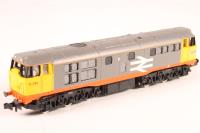
|
RTR/RTUse/Pre-assembled | Not set |
31290 View |
Class 31 31290 in Railfreight Red Stripe Livery | Railfreight grey (inc. Red Stripe) |
| N Gauge | Graham Farish |
|
RTR/RTUse/Pre-assembled | Not set |
371-112B View |
Class 31/1 31306 'Cricklewood' in BR blue | Awaiting Categorisation |


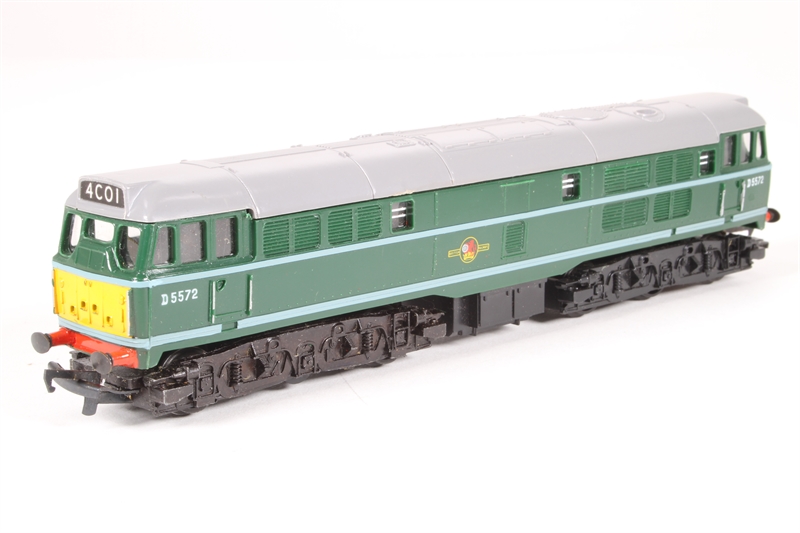

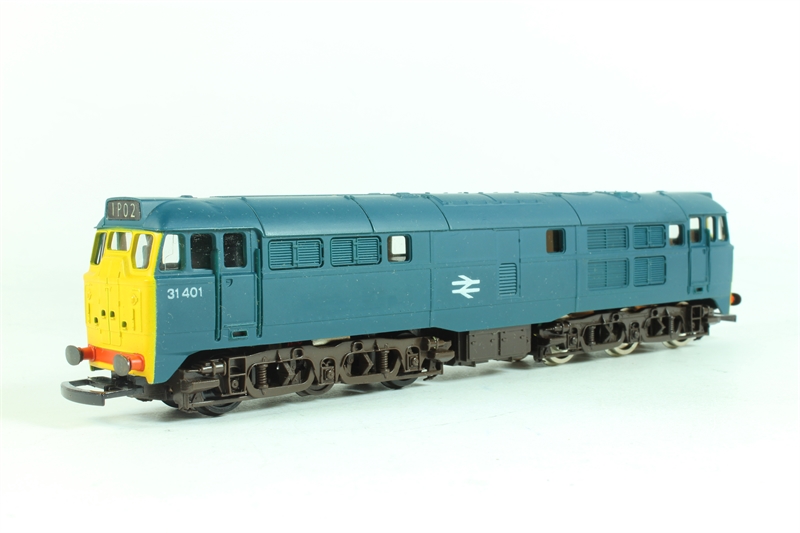

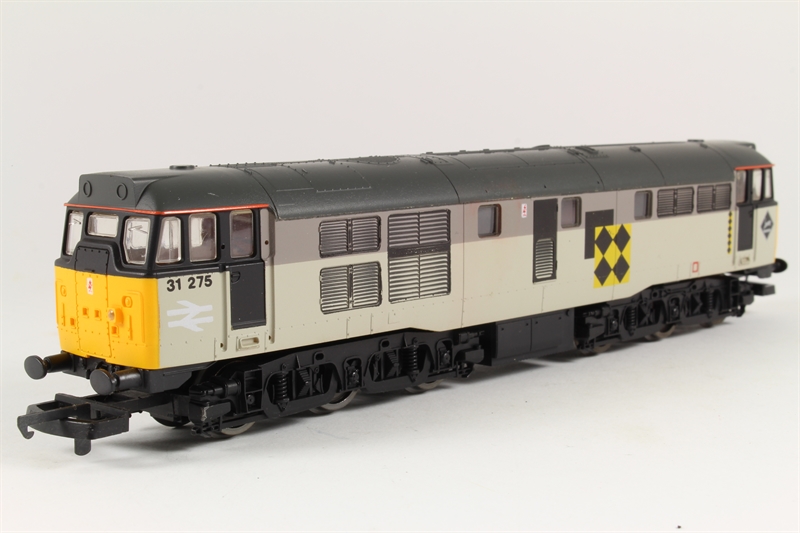
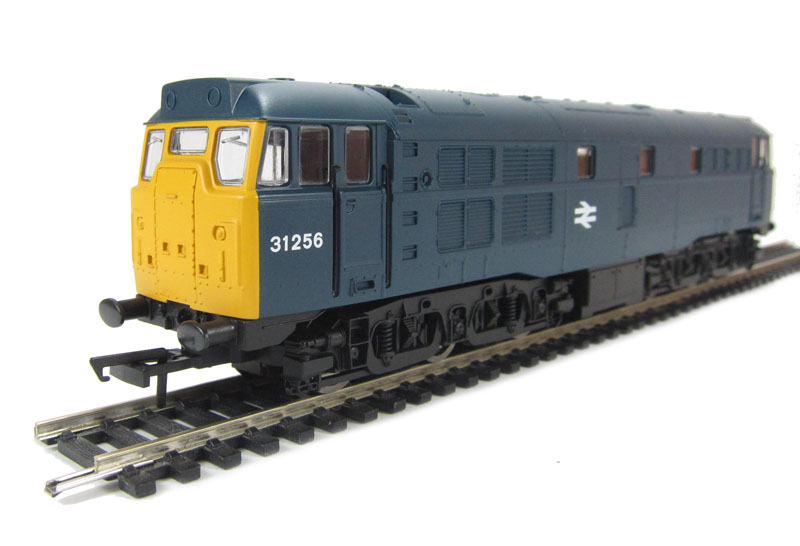
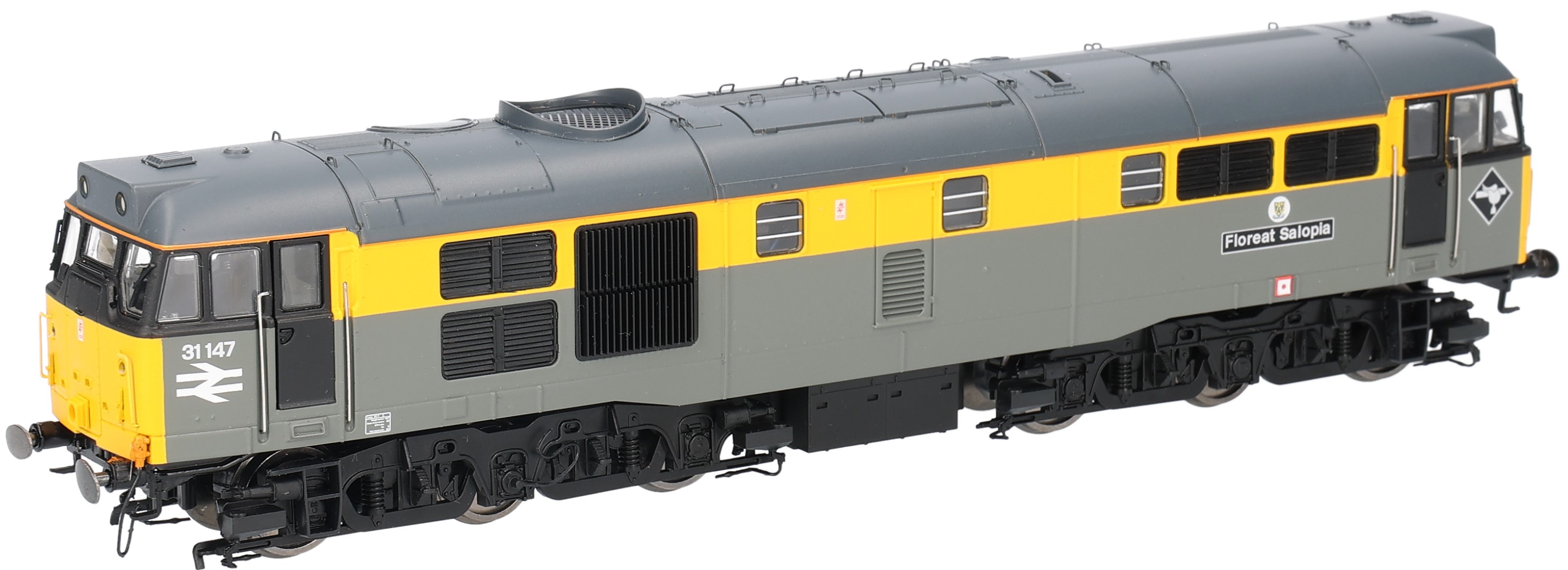
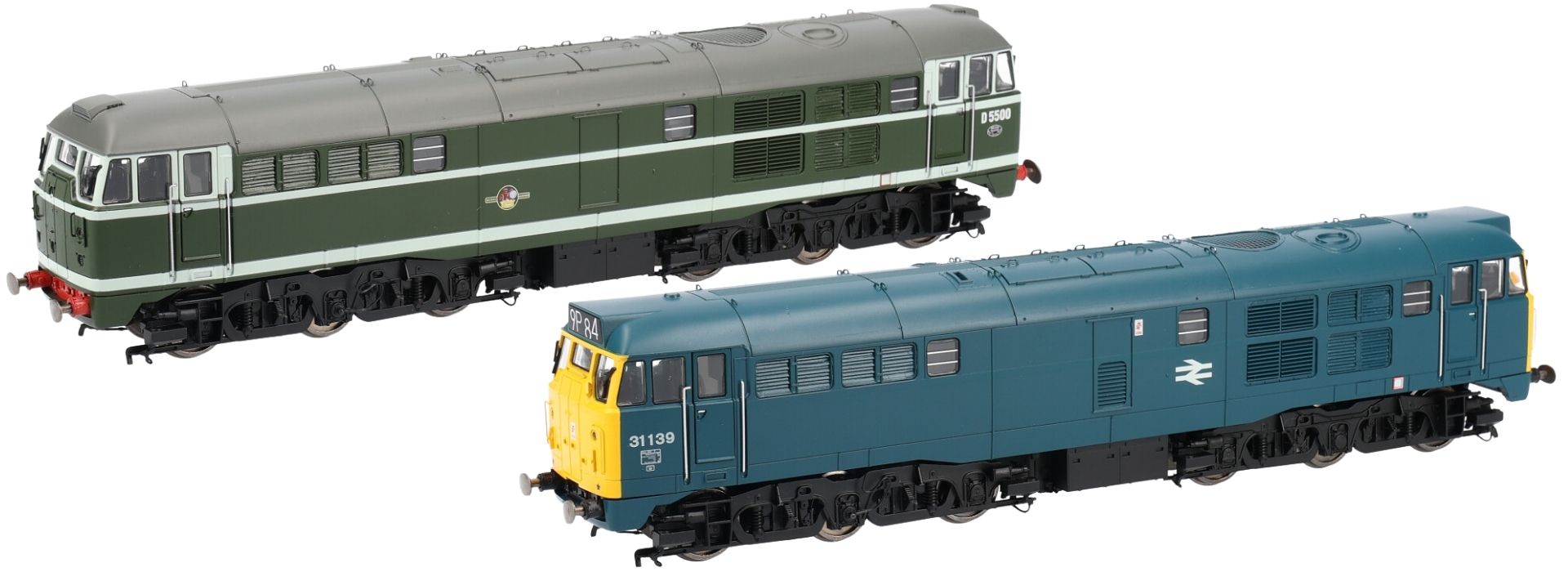

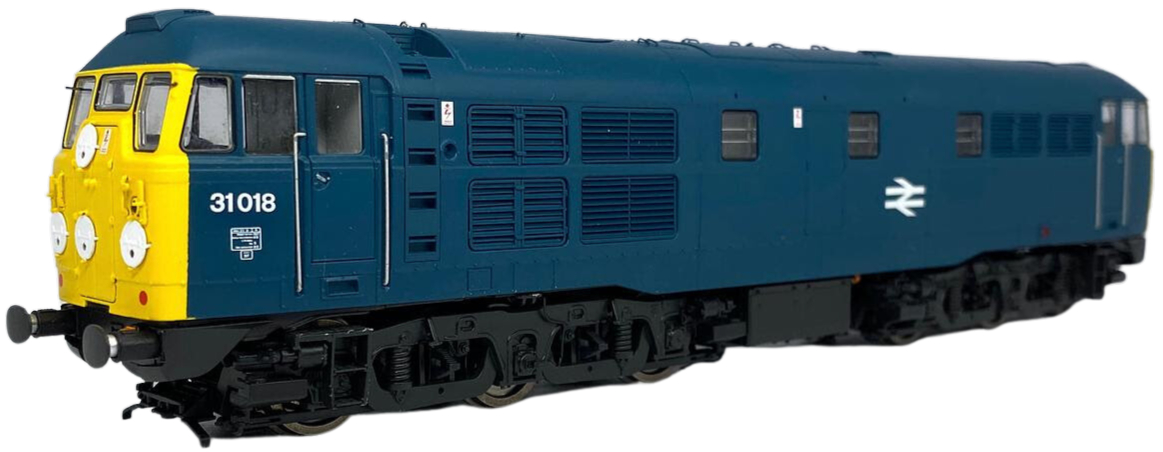
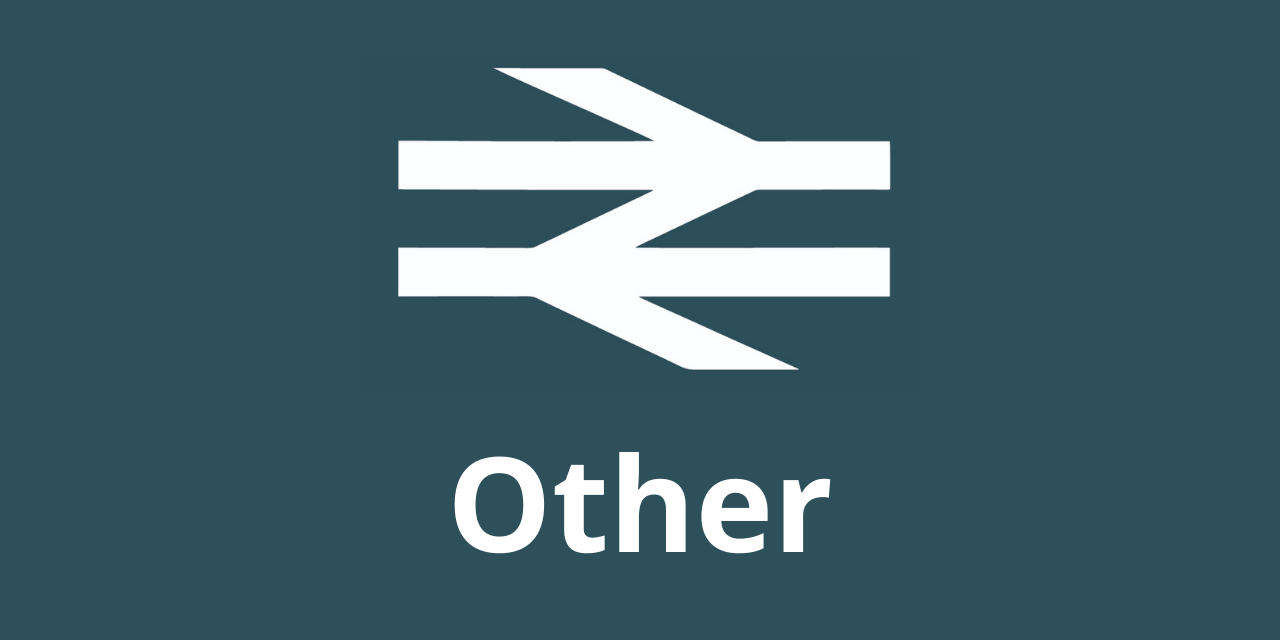 BR non-standard
BR non-standard
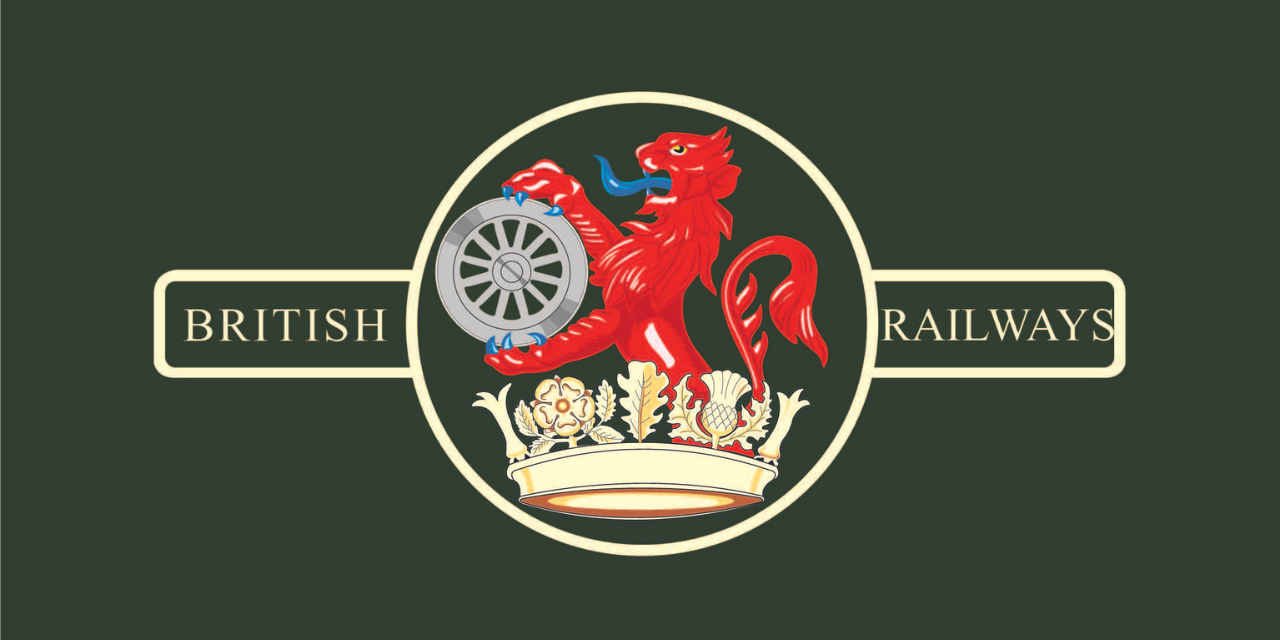 BR green with late crest
BR green with late crest
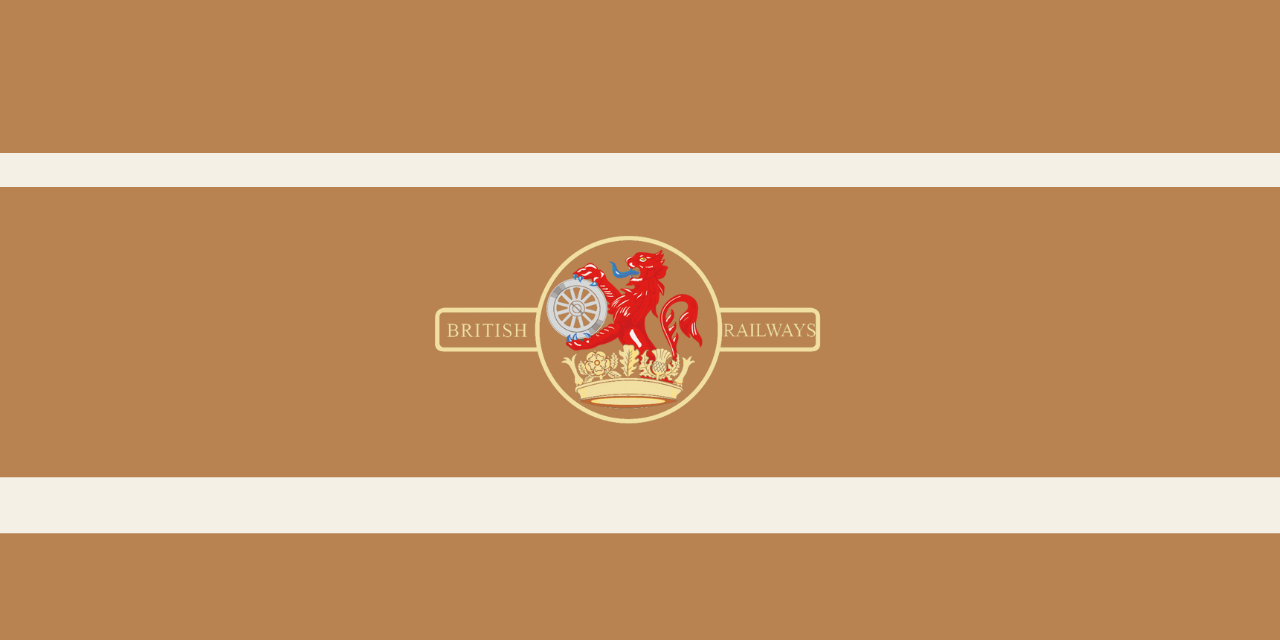 BR golden ochre
BR golden ochre
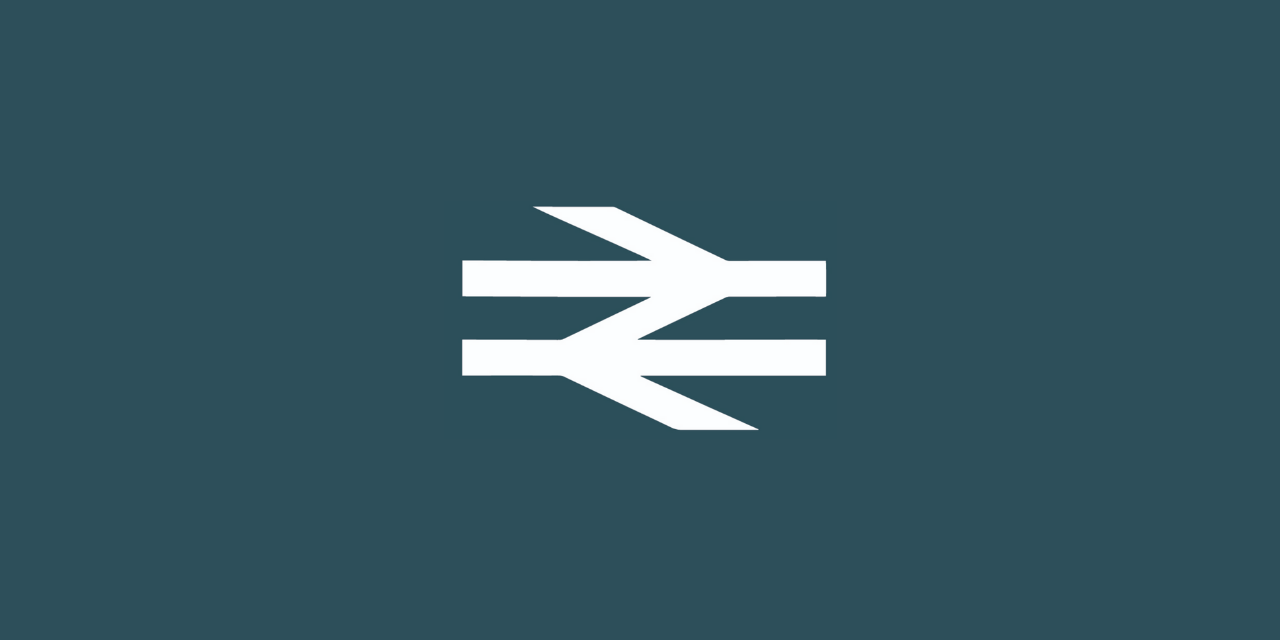 BR blue
BR blue
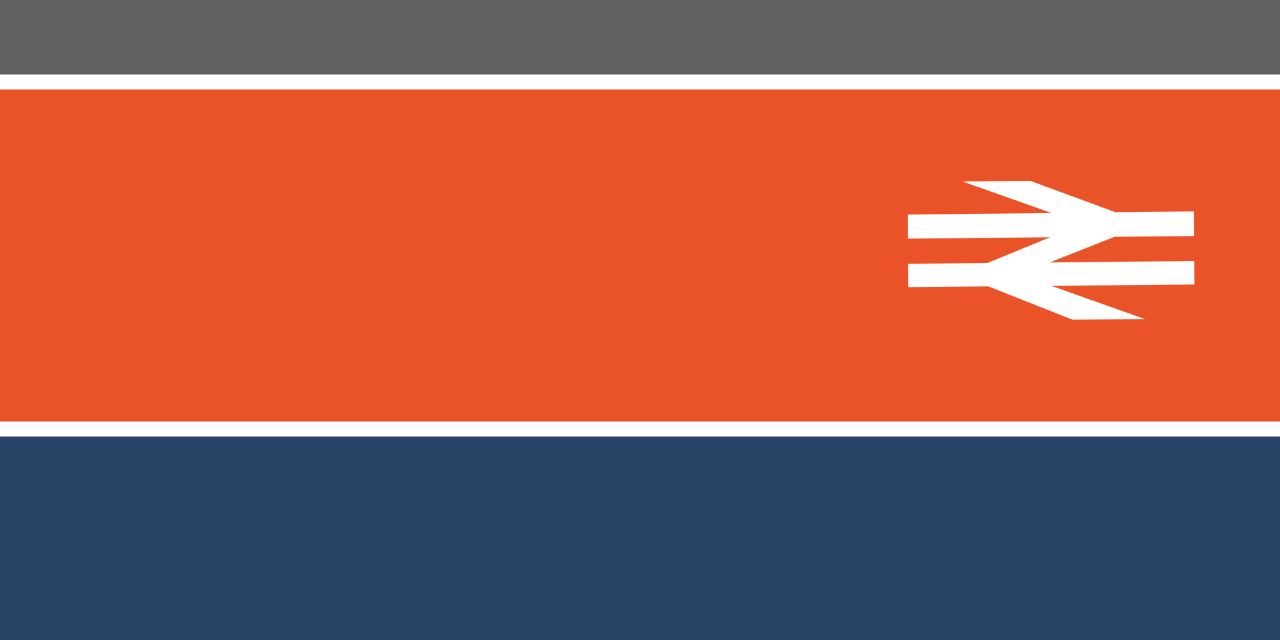 BR research department
BR research department
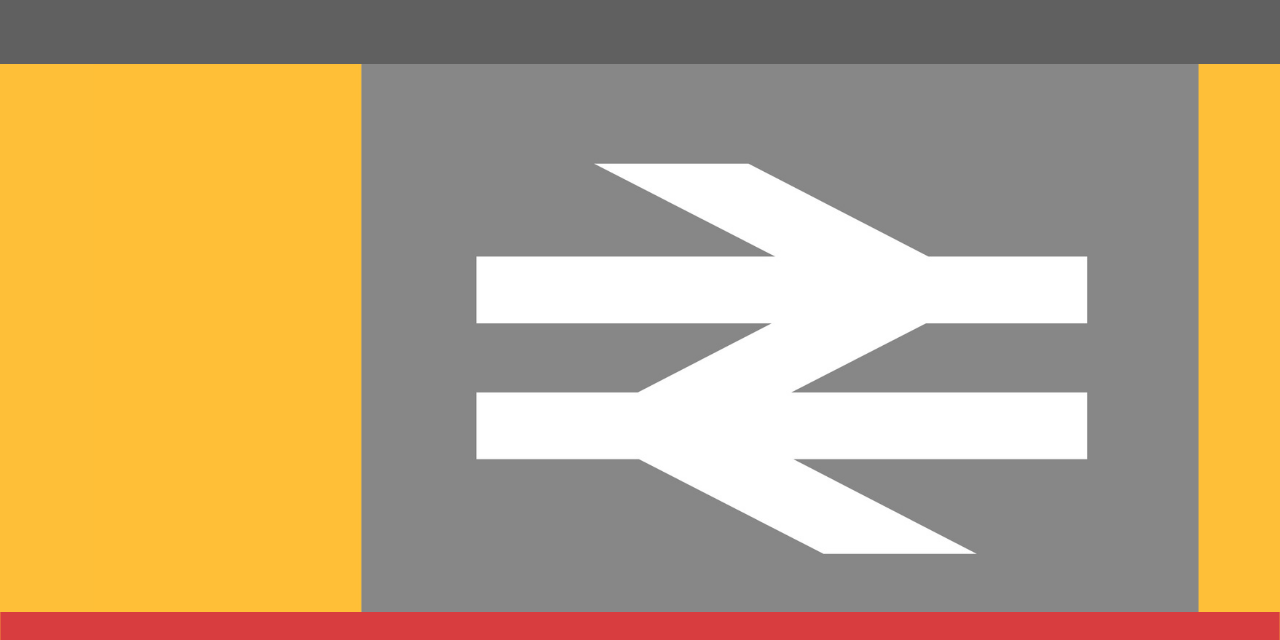 Railfreight grey (inc. Red Stripe)
Railfreight grey (inc. Red Stripe)
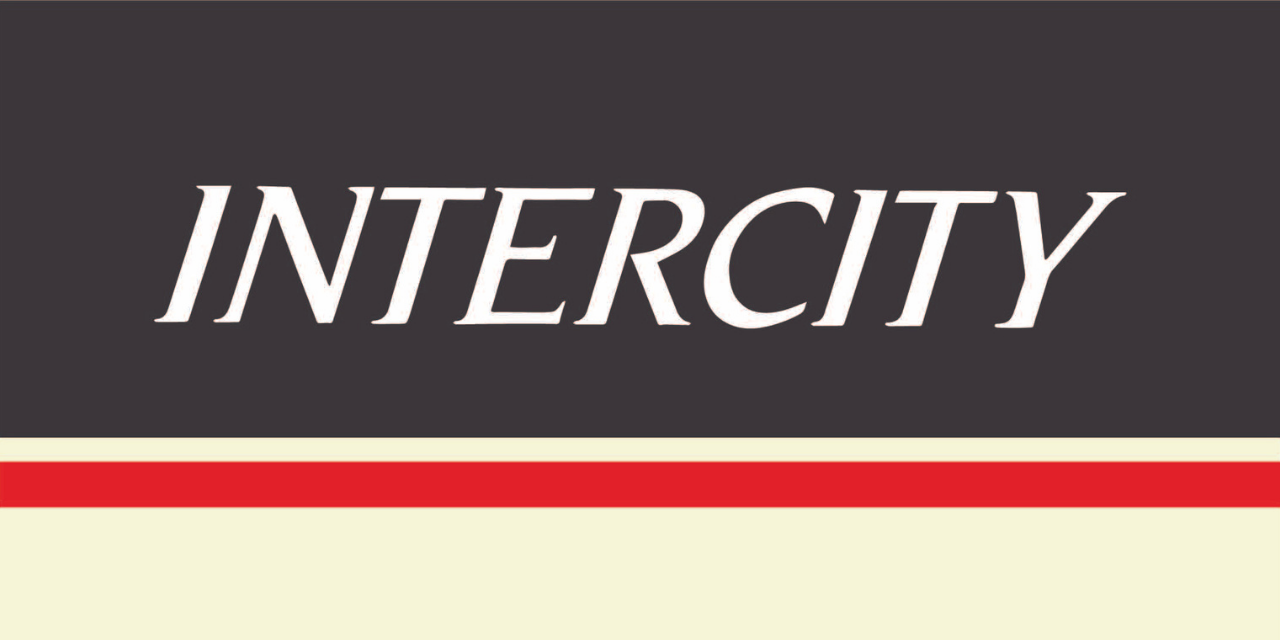 Intercity
Intercity
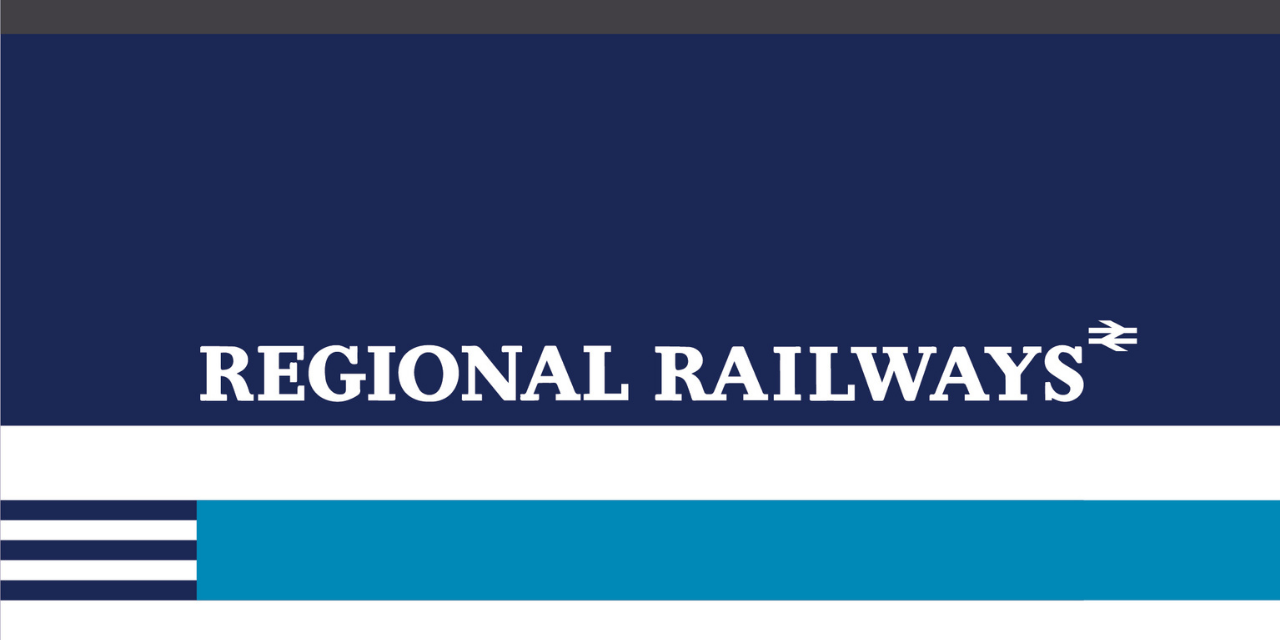 Regional Railways
Regional Railways
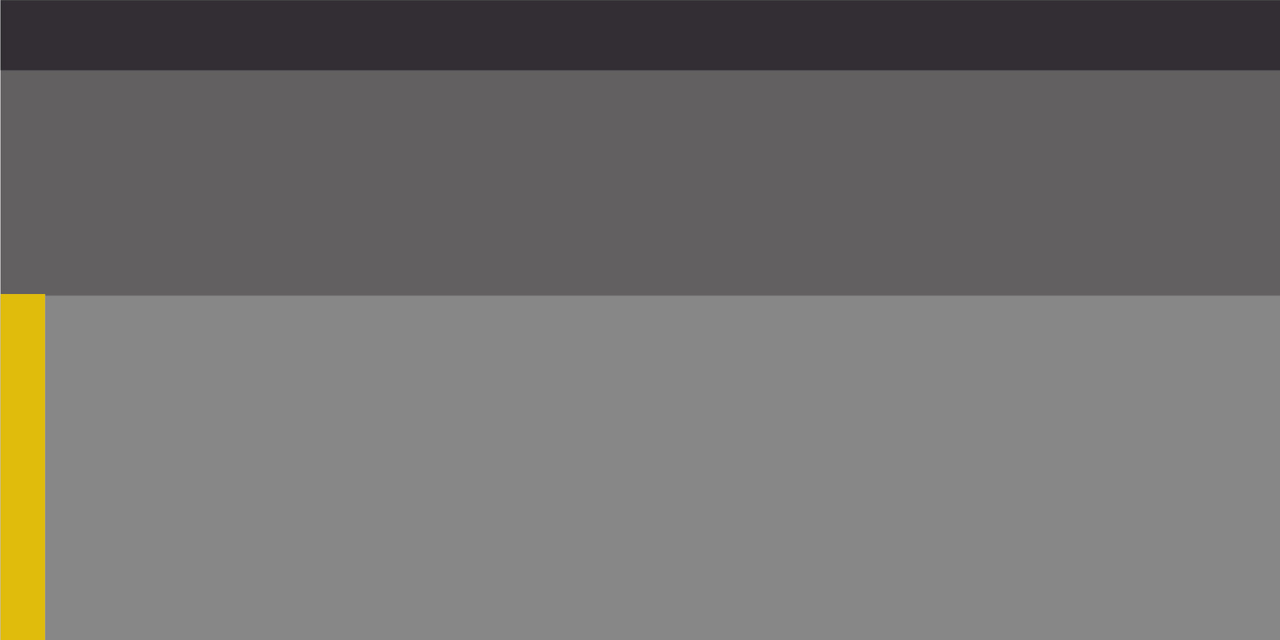 Railfreight 'Sector' triple grey
Railfreight 'Sector' triple grey
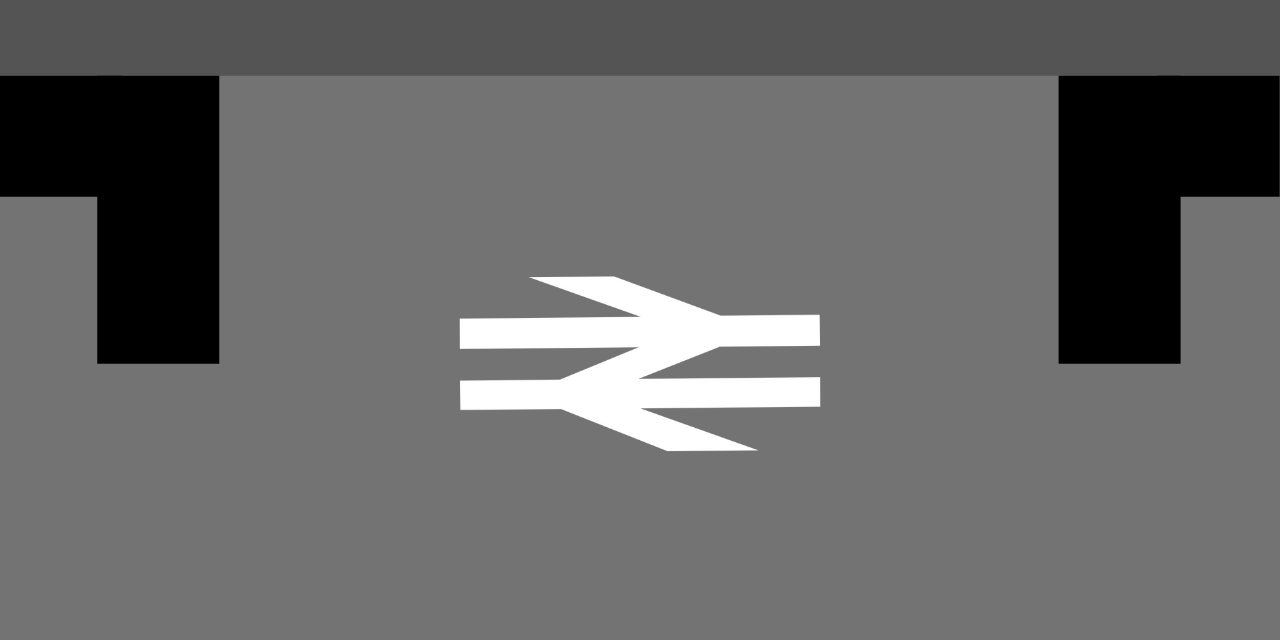 Departmental grey
Departmental grey
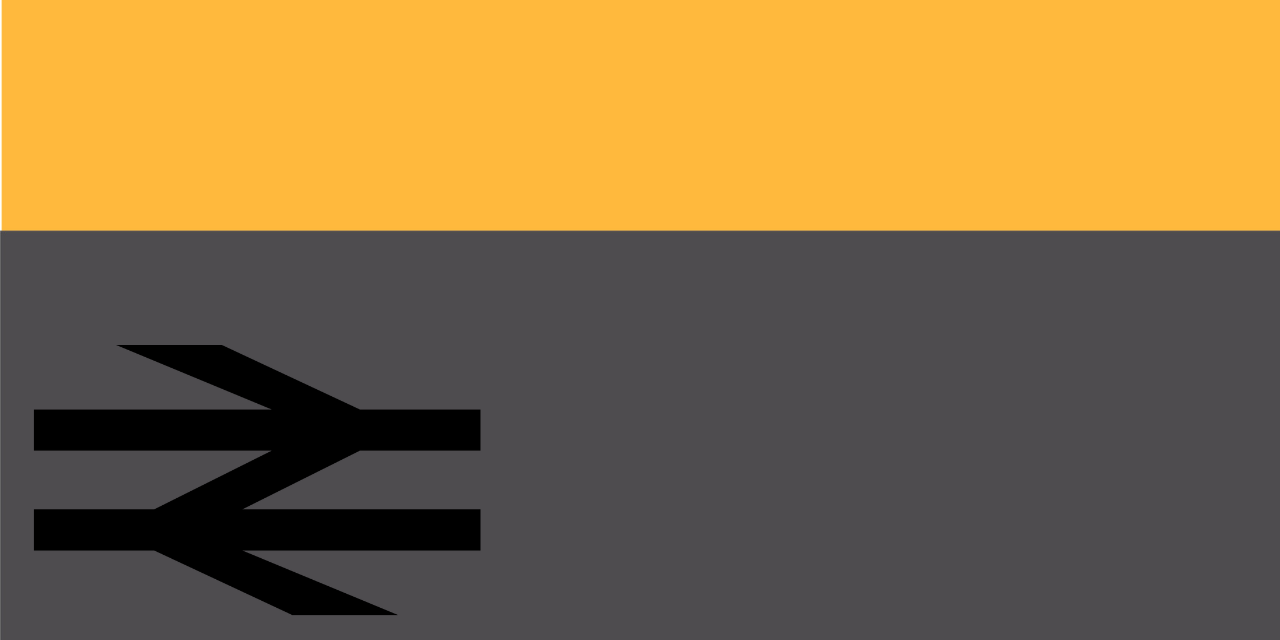 Civil Engineers 'Dutch'
Civil Engineers 'Dutch'
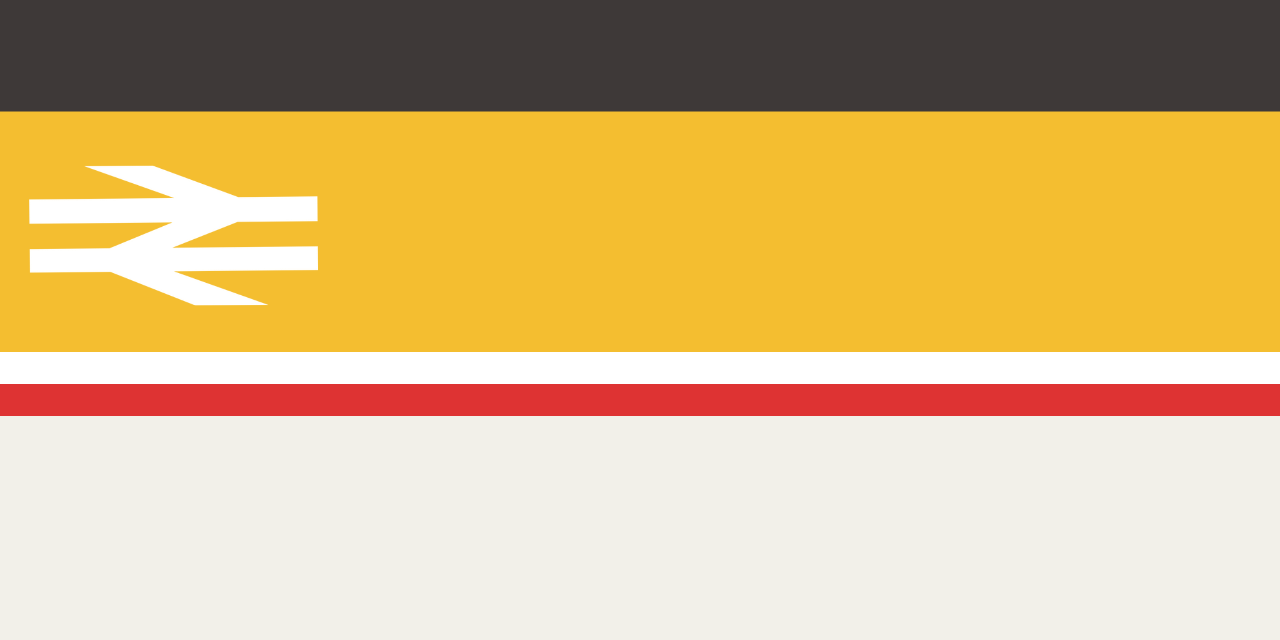 Infrastructure
Infrastructure
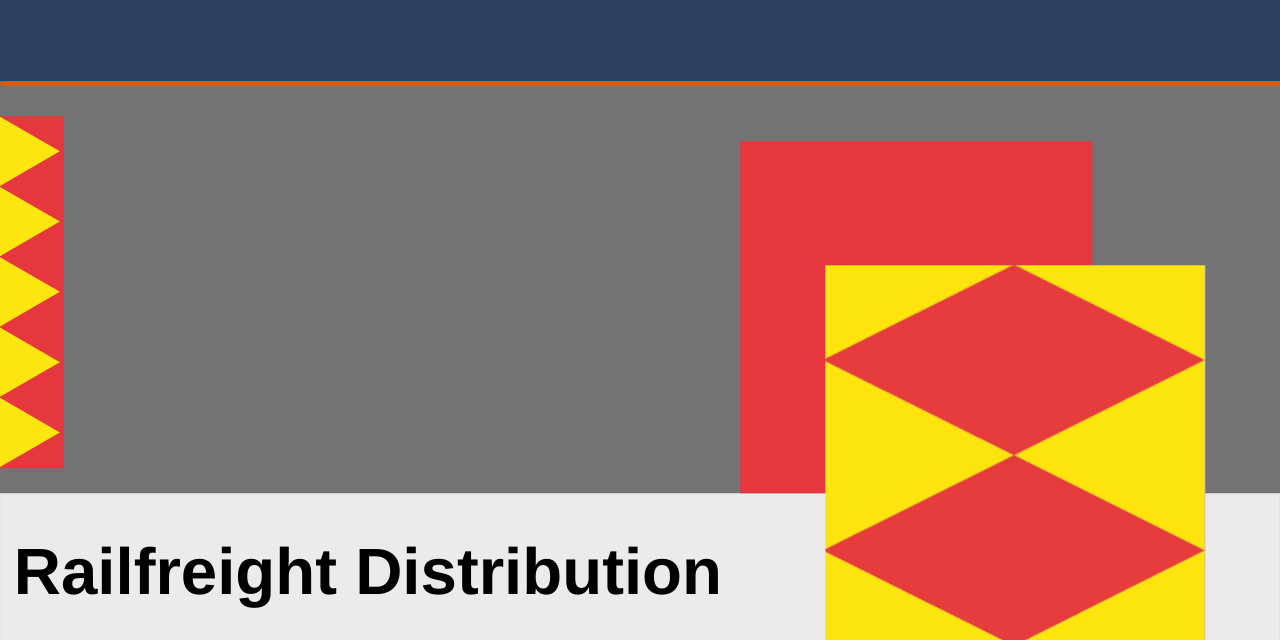 Railfreight Distribution (RFD)
Railfreight Distribution (RFD)
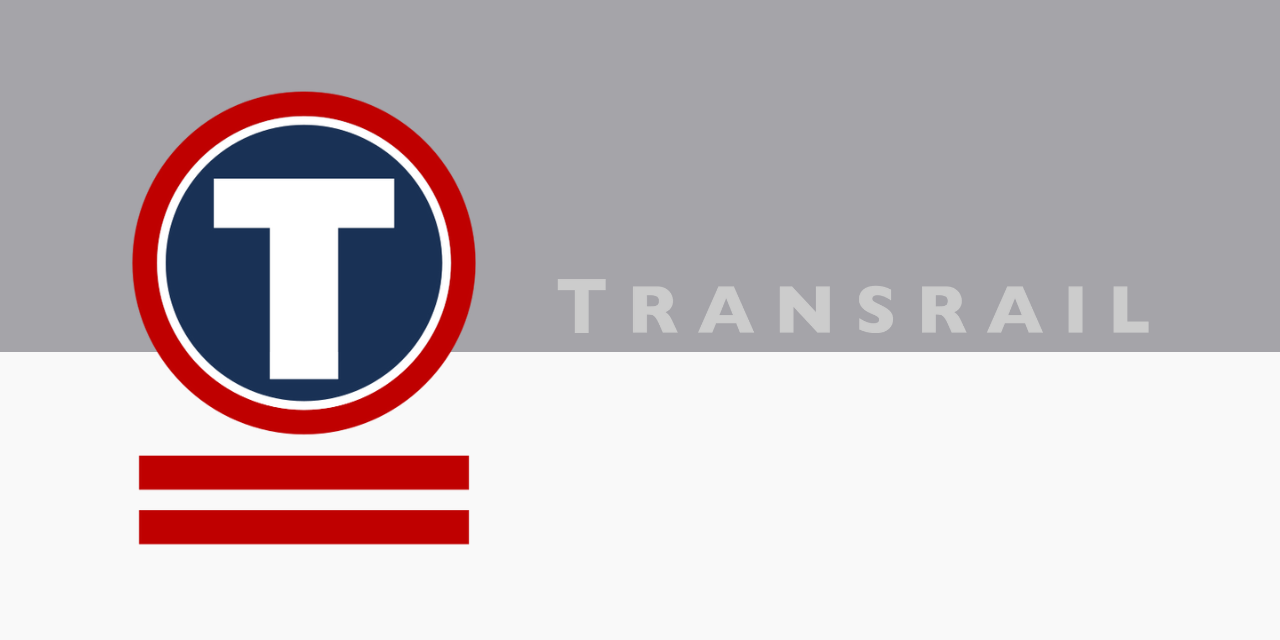 Transrail
Transrail
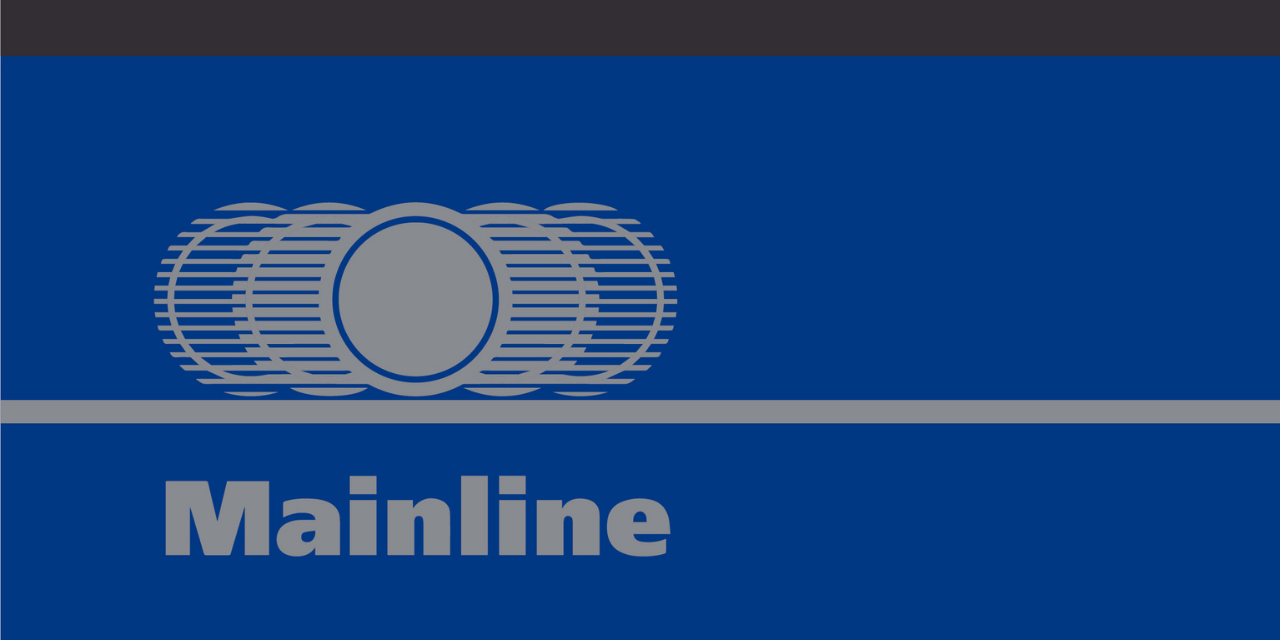 Mainline Freight
Mainline Freight
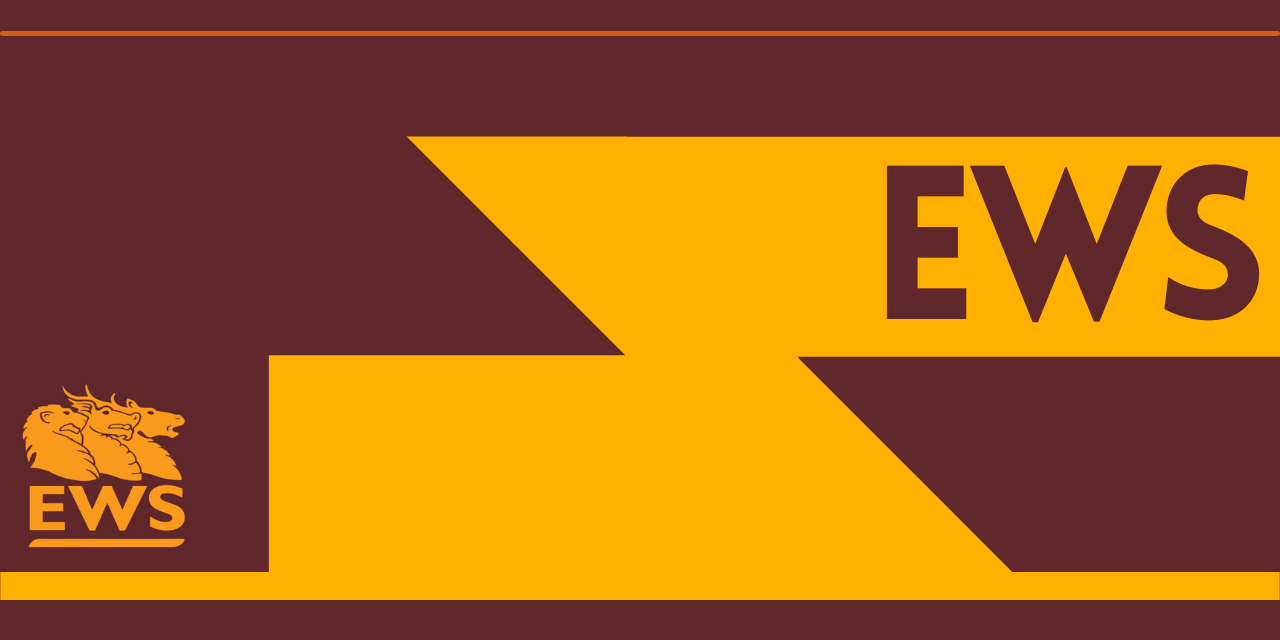 EWS - English Welsh and Scottish
EWS - English Welsh and Scottish
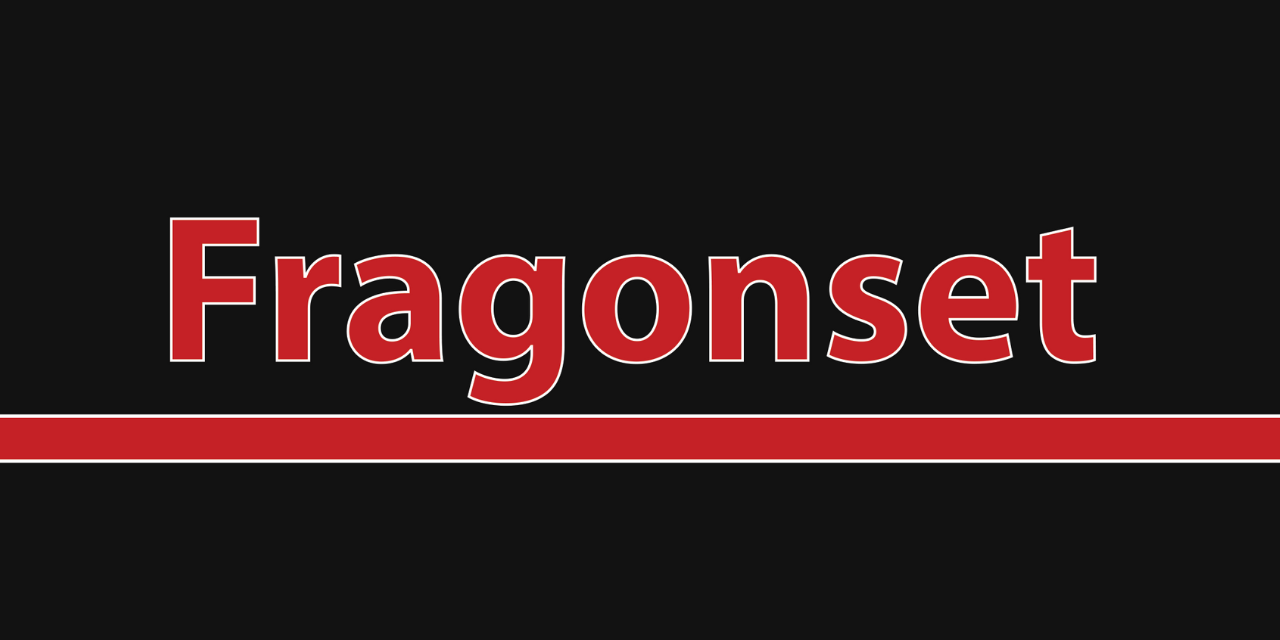 Fragonset
Fragonset
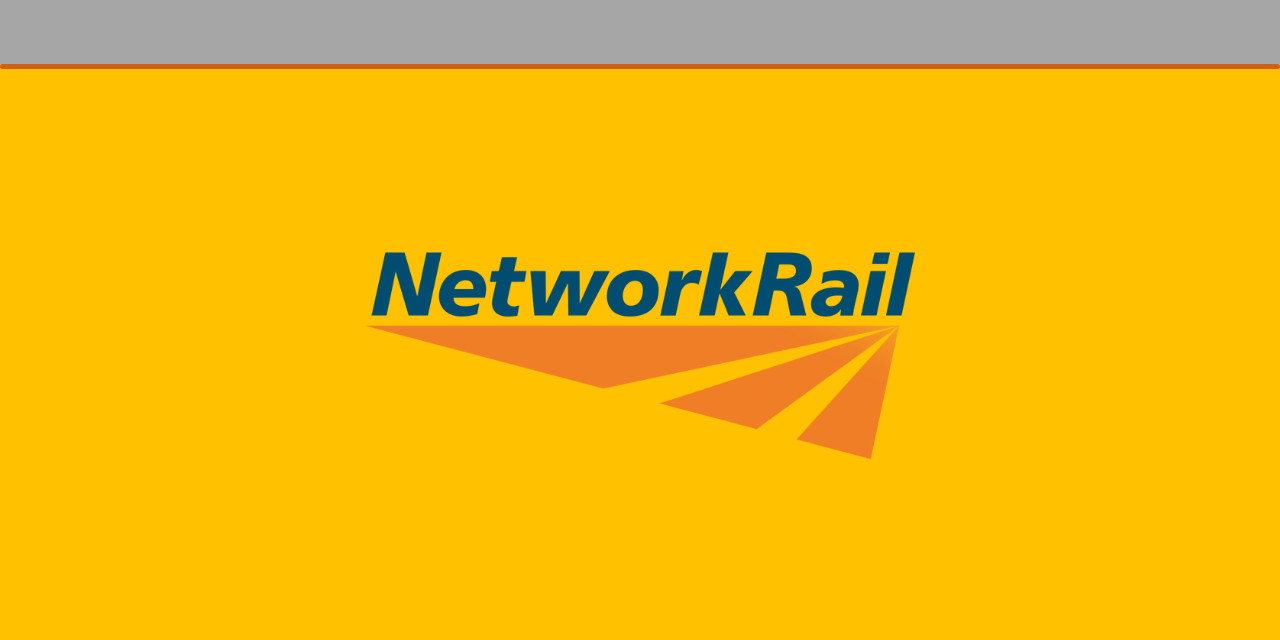 Network Rail
Network Rail
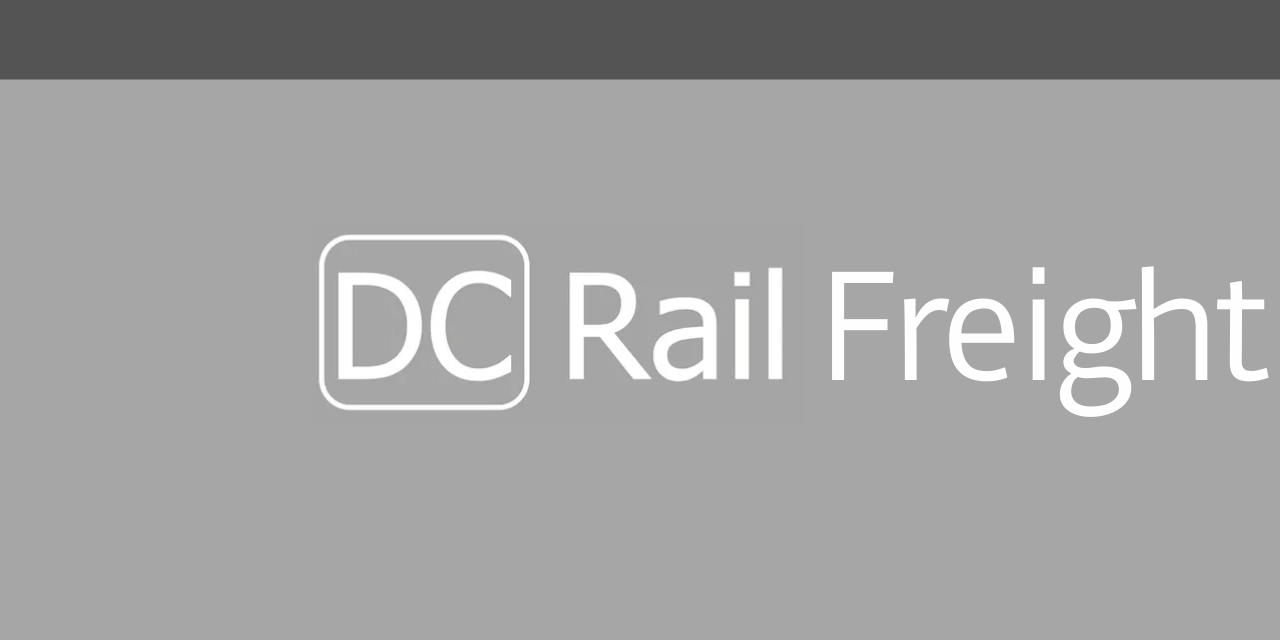 Devon and Cornwall Railways
Devon and Cornwall Railways
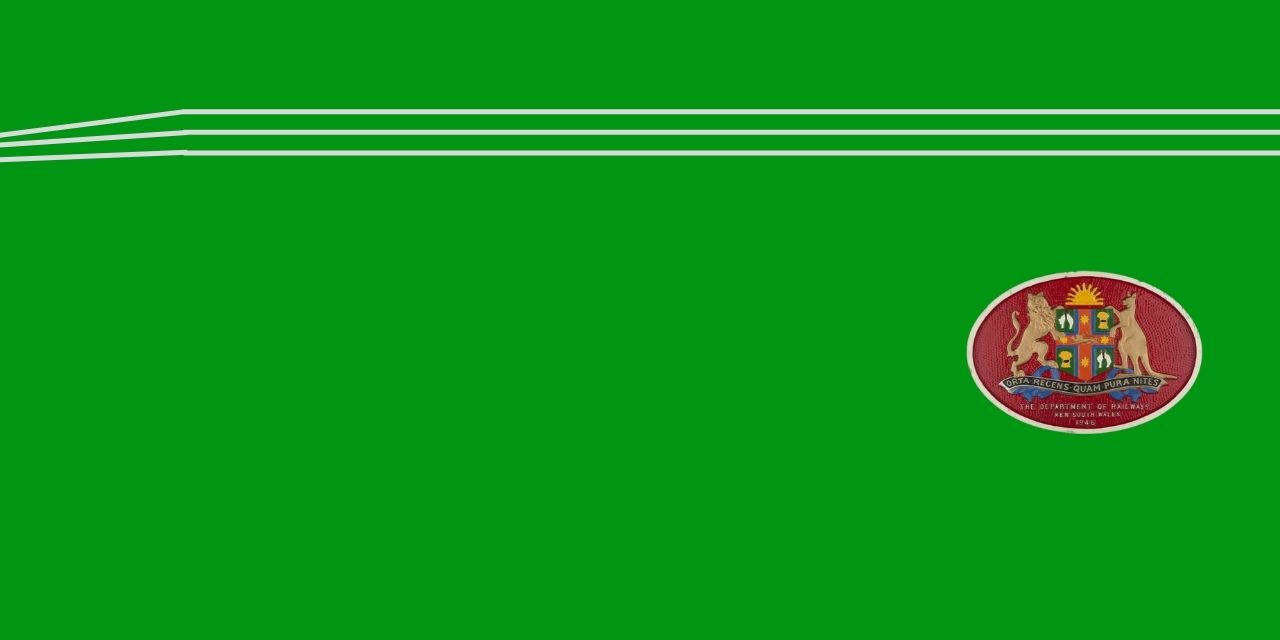 New South Wales Government Railways
New South Wales Government Railways
